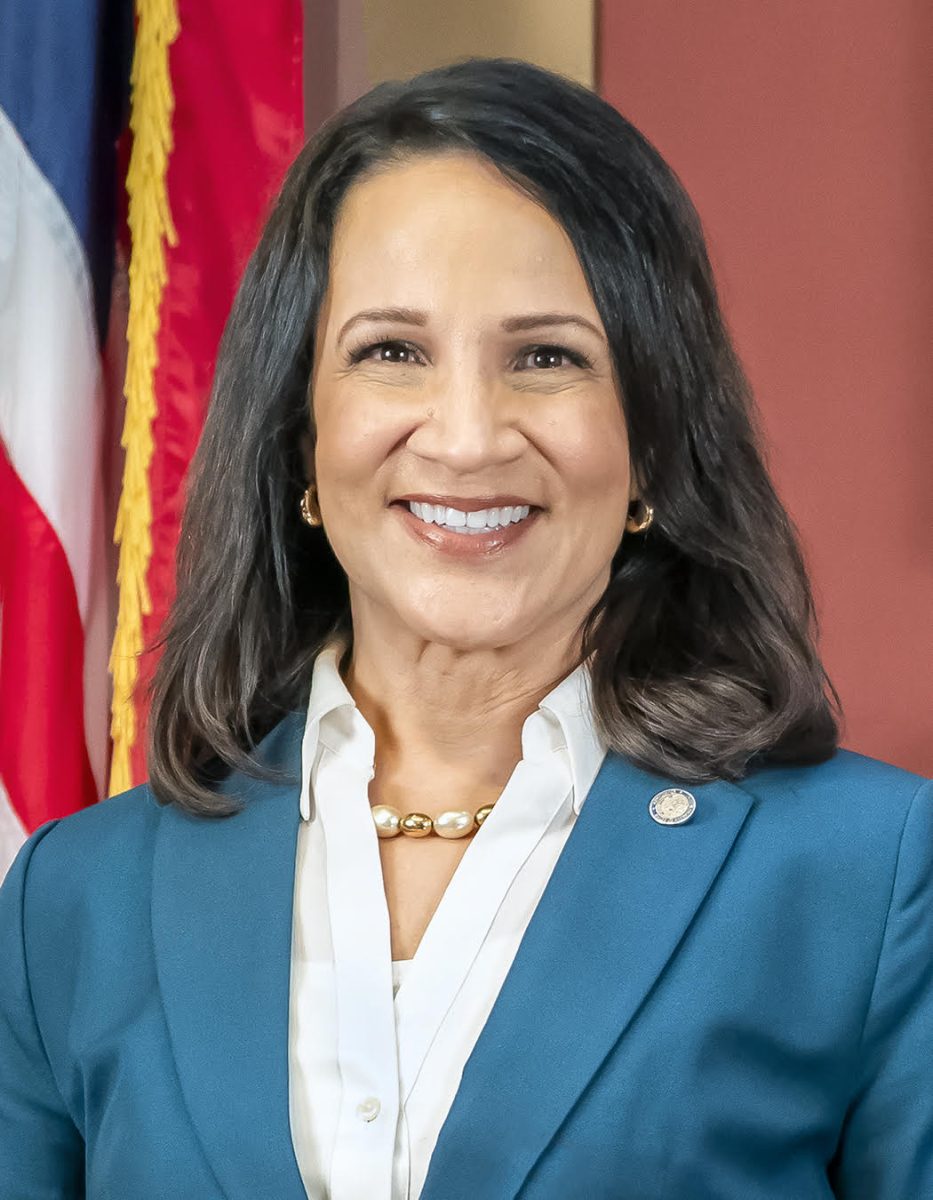The Minnesota Department of Health received part of a $5 million Centers for Disease Control and Prevention (CDC) grant to expand its biomonitoring program in September.
The grant gives Minnesota and five other states a combined $5 million annually from 2024 to 2027 to expand their biomonitoring programs, according to the CDC website.
Part of Minnesota’s program tests urine samples from participating children ages 3 to 6 at their required Early Childhood Screening exams for chemicals that can harm a child’s development, according to Minnesota’s biomonitoring website.
The Minnesota Department of Health (MDH) began its biomonitoring program, now called Healthy Kids Minnesota, in 2018 in rural North-Central Minnesota and urban North Minneapolis, according to Program Director Jessica Nelson.
Nelson said about 1,350 kids have participated in the program over the last three years. Their results have helped MDH identify chemical exposure patterns and sources.
“We’re definitely identifying important differences in exposure for some groups of kids, whether it’s by family income or by race and ethnicity,” Nelson said. “That’s pointing us to some really important areas to try to take action to reduce exposures.”
Chemicals of serious concern for children include pesticides, air pollutants and heavy metals like arsenic and lead, according to the MDH website. Long-term exposure to these chemicals can increase a child’s risk of some nervous system disorders, diabetes and certain cancers.
Nelson said the new grant will allow MDH to reach two more metro and two more non-metro regions by partnering with more healthcare providers and increasing the number of participating families in all parts of the state.
Stefan Saravia, a public health laboratory manager and biomonitoring program lead, said the grant money will be used to hire laboratory staff, and purchase and maintain the equipment and the unique materials used in the urine testing.
“The grant has allowed us to bring on well over 70 different analytes within our laboratory, but it has required significant investment in equipment and staff,” Saravia said. “We have a very unique capability in Minnesota to be able to do this.”
Iftu Hunte, the program coordinator for Early Childhood Screenings in Minneapolis Public Schools, said she was encouraged by the biomonitoring program growth between its pilot in 2018 and now.
“When we did the pilot for this project, they would only recruit families that lived in a certain zip code,” Hunte said. “I’m not sure if that was because of funding, but the second year we did it, it was opened up to everybody which I really liked.”
Nelson said expanding the biomonitoring program statewide is crucial to improving the health of Minnesota’s children because MDH will be able to intervene if children are being exposed to harmful chemicals.
If a specific child has high exposure to one of the tested chemicals, the MDH will locate the chemical source and recommend steps for families to lower the child’s exposure to it, Nelson added.
“Thanks to all the families who participated, we can look at some of these bigger trends and ways kids are exposed and differences between groups of kids, and come up with some important findings for our state that point to actions, policies and programming that we need to tweak or implement to try to reduce exposures,” Nelson said.
MDH will begin selecting new participating school districts in the northwest, west-central and southeast metro areas of Minnesota in the spring of 2025, according to Nelson. Only children in selected districts will be able to participate in the program.
Director of Early Childhood Education for Minneapolis Public Schools Cindy Hillyer was involved in the program’s 2018 pilot and said understanding the differences in urban, rural and metro area health issues is important to creating effective state policy.
“Suburban communities have different environmental issues, farming communities have different environmental issues than urban communities,” Hillyer said. “It’s very important that we understand each other’s issues and that we support the wellbeing of all children in our state.”














